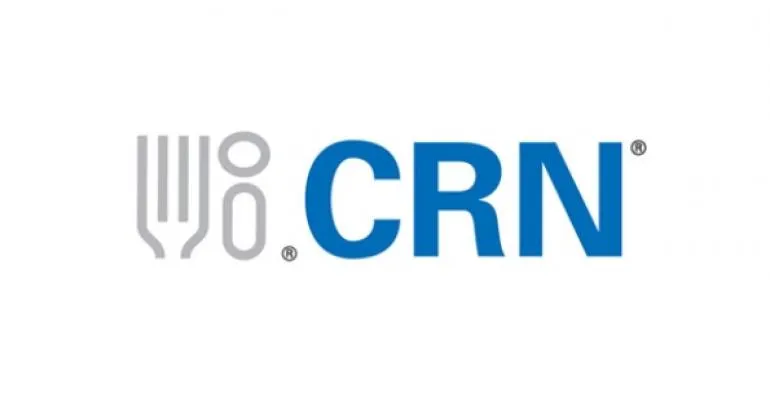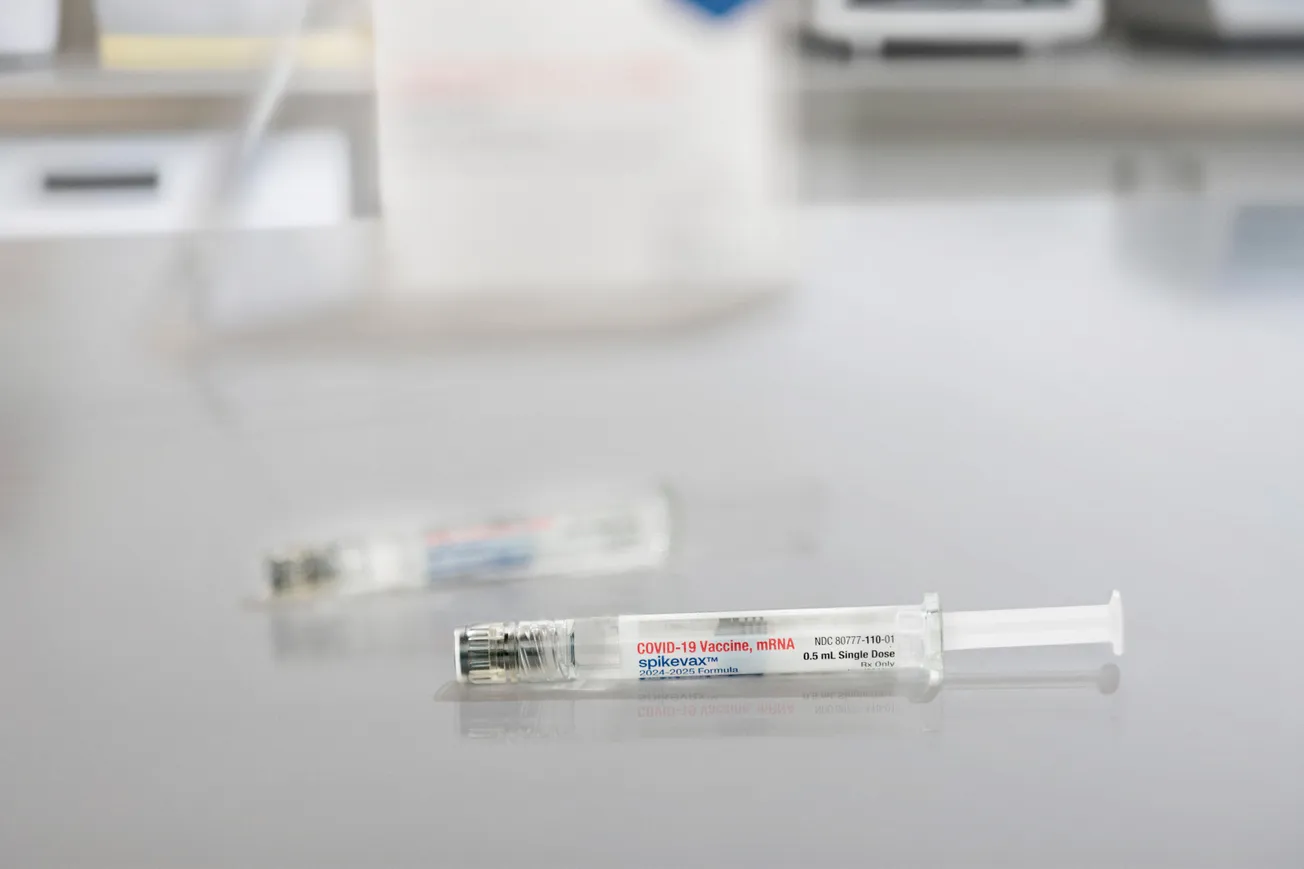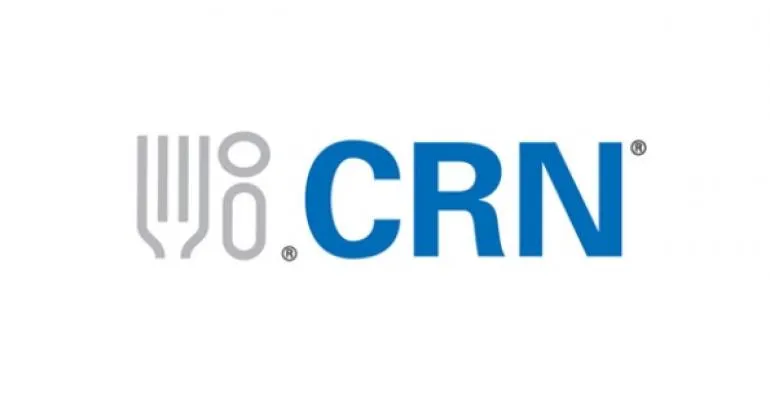WASHINGTON — In response to an “original investigation” that appeared in JAMA Open Network (“Estimated Exposure to 6 Potentially Hepatotoxic Botanicals in US Adults”), and subsequent news reporting, the Council for Responsible Nutrition (CRN), the leading trade association for the dietary supplement and functional food industry, described the article as further confirmation of the wide range of safety of six herbal supplement ingredients: turmeric, green tea extract, Garcinia cambogia, black cohosh, red yeast rice, and ashwagandha. Contrary to misleading headlines from the study about potential “hepatotoxicity” of these products, there is nothing in these findings that exposes any new risk of liver injury or that should alarm consumers of these supplements.
Putting the results in perspective, Steve Mister, president and CEO of CRN, said, “This analysis of existing NHANES survey data doesn’t appreciate that the overall risk these ingredients pose is exceedingly low. Revealing that more than 15 million Americans use at least one of these herbal supplements, when compared to their actual reported risks, only strengthens the case for their safety.”
The study describes the frequency with which six herbal supplements are used in the U.S. adult population and the reasons provided by the survey respondents for consuming these supplements. According to the study, 15.6 million US adults are estimated to have used at least one of the six botanicals in a 30-day period. This high prevalence of use reflects the growing interest in the use of botanical supplements to improve or maintain health and reinforces the need for healthcare providers to have open and informed dialogues with their patients about how supplements can be used as part of their healthcare regimen.
Contrary to headlines, the study does not investigate a causal relationship between consuming these botanical supplements and liver damage, nor does it add any new scientific findings with respect to their potential for hepatotoxicity. News coverage that sounds the alarm based on this publication reflects that the reporters have either not read the study or do not fully appreciate its limitations. Liver injury from botanicals may occur in rare cases, especially in individuals with specific genetic predispositions or pre-existing conditions. But the vast majority of the population taking these botanical supplements uses them as directed without issue.
CRN advocates for a balanced perspective on the use of botanical dietary supplements. While it is important to be aware of potential risks, it is crucial to recognize their long history of safe use. CRN encourages consumers to use these products as directed and to consult their healthcare providers, especially when combining supplements with prescription medications.
“What consumers and healthcare practitioners should take away from this study is that there is great—and growing—interest in using herbal supplements to promote health and wellness. Practitioners should encourage candid and open-minded conversations with their patients about supplement usage,” Mister said. “Alarmist headlines that mislead doctors and panic consumers shut down those conversations and do a disservice to the millions of people who trust and use these products safely every day.” CRN encourages healthcare practitioners to understand the benefits and proper use of these popular supplements in order to provide their patients with accurate information about their safe use.
For more information on the safe use of dietary supplements, please visit the CRN website.









